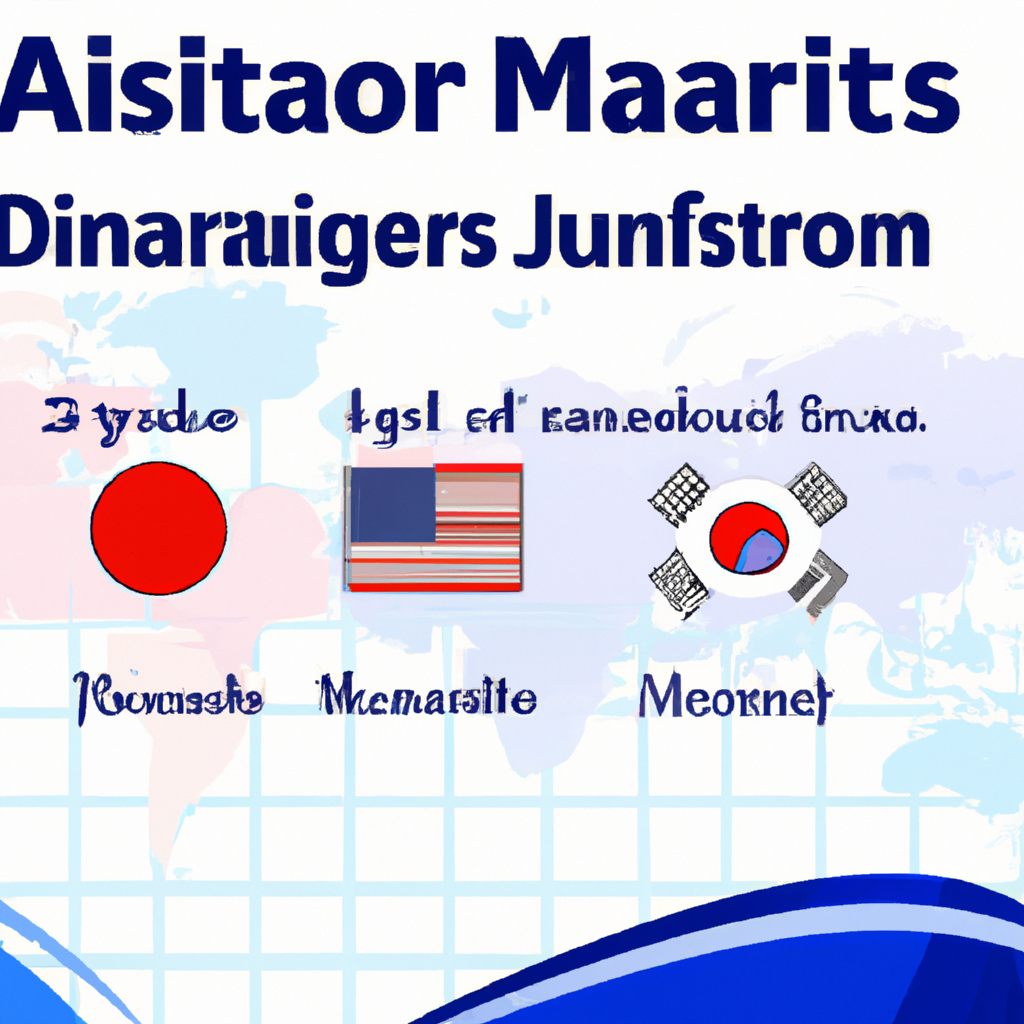The United States, Australia, and Japan held talks in Darwin, Australia on Sunday (November 17th) emphasizing the importance of deepening defense relations to maintain peace and security in the Indo-Pacific region. The three defense ministers reiterated the importance of maintaining peace in the Taiwan Strait and condemned the dangerous behavior of China in destabilizing the South China Sea and East China Sea.
This marked the 14th trilateral defense ministerial meeting between the US, Australia, and Japan. US Defense Secretary Lloyd Austin, Australian Defense Minister Richard Marles, and Japanese Defense Minister Nakatani Gen finalized new measures to enhance defense cooperation and interoperability among the three countries.
“Darwin is the focal point of our expanding trilateral relationship, and our defense ties are bringing real security, deterrence, and interoperability,” Austin said at a post-meeting press conference.
The three defense ministers directly addressed China’s destabilizing actions in the region in their joint statement.
“We reiterate our serious concerns about destabilizing actions in the East and South China Seas, including the dangerous activities of the People’s Republic of China targeting ships from the Philippines and other coastal countries,” the defense ministers said. “We reaffirm our strong opposition to any unilateral attempts to change the status quo through force or coercion. It is important for all countries to exercise their rights and freedoms in accordance with international law, particularly the United Nations Convention on the Law of the Sea, including freedom of navigation and overflight and other lawful uses of the sea.”
Austin and the other two defense ministers once again warned China to abide by the ruling of the South China Sea arbitration.
China claims almost the entire South China Sea under its “nine-dash line” assertion, overlapping with the exclusive economic zones of countries like the Philippines, Vietnam, and Malaysia, leading to disputes. On July 12, 2016, the Permanent Court of Arbitration in The Hague ruled that China’s “nine-dash line” claim has no legal basis. This ruling, known as the South China Sea arbitration award, was supported by the Philippines’ ally, the US, but vehemently opposed by Beijing, claiming the ruling is “illegal.”
The US, Australia, and Japan defense ministers stated in their joint statement that “we reaffirm that all countries must peacefully resolve disputes in accordance with international law. The 2016 South China Sea arbitration ruling is a final and binding decision that has legal effect on the parties to the procedures.”
The three defense ministers reiterated the necessity to maintain peace and stability in the Taiwan Strait.
“We emphasize the importance of peace and stability in the Taiwan Strait and call for the peaceful resolution of cross-strait issues,” the joint statement said. “We stand united, resolutely committed to establishing a peaceful, stable, and prosperous Indo-Pacific region, where the rule of law is upheld, sovereignty is respected, and countries can make decisions without coercion or threat of force.”
The joint statement also condemned North Korea’s destabilizing actions, including missile tests, which seriously violate United Nations Security Council resolutions.
The three defense ministers urged Russia to immediately and unconditionally withdraw its forces from Ukrainian territory. They also reached a consensus on the need to remind third countries, including China, of their responsibility to uphold international law and not endorse, support, or tolerate Russia’s violations of the purposes and principles of the United Nations Charter by attempting to acquire territory by force.

